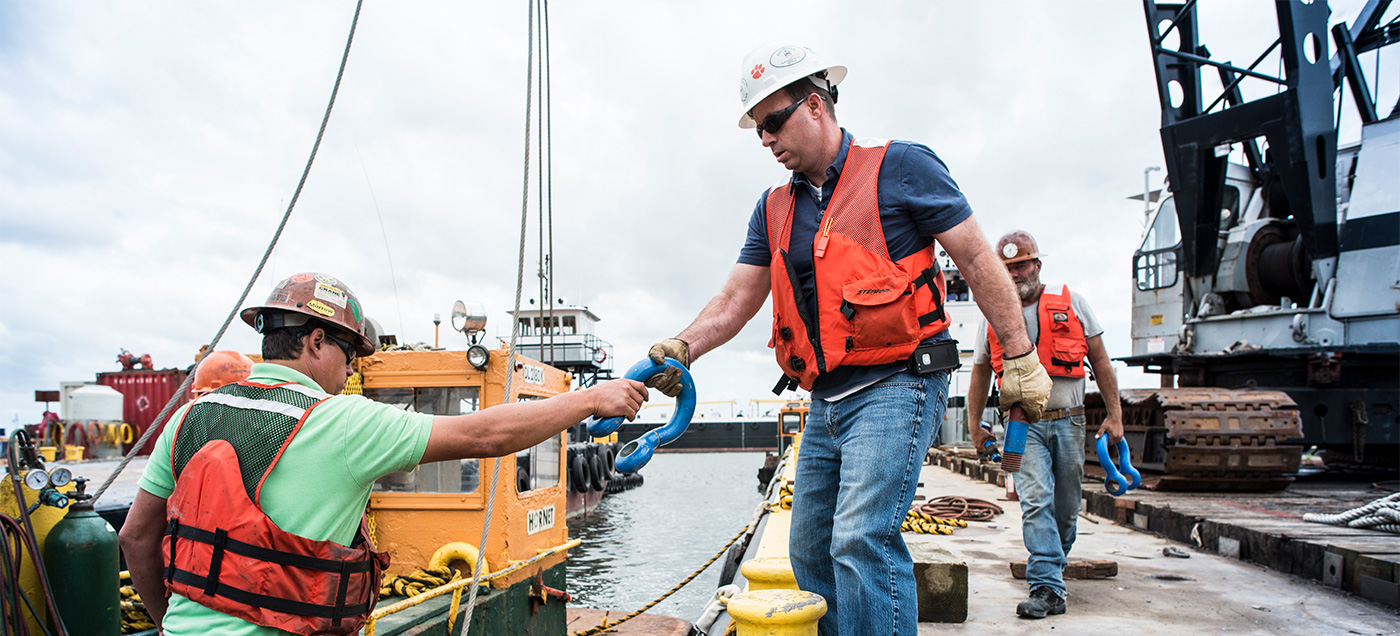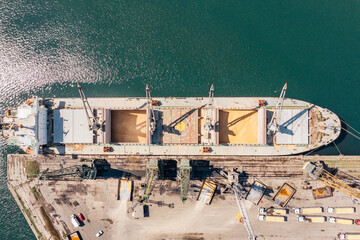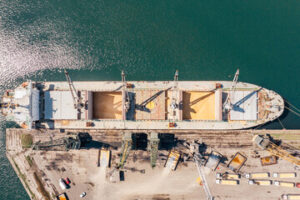To ensure quality work, a marine contractor needs proper equipment. They also need to be licensed and insured.
Marine Contractor Near Me deal with heavy construction projects like piers, wharves, seawalls, bulkheads, and boat docks. These structures are designed to control erosion and improve navigation. The industry has many specialized risks that require customized insurance coverage.

Marine construction is a unique and specialized industry. While general contractors build homes and commercial buildings, marine construction specialists construct docks, piers, boat lifts, and other water-related structures. They also oversee critical projects such as seawalls and bulkheads. Choosing a well-experienced marine contractor for your project is important to ensure a quality job and timely completion of work.
When selecting a marine contractor, you should find out how long they have been in business. Ask them about their previous projects and how they handled them. In addition, you should ask about their insurance coverage and whether they offer a warranty on their work. Selecting a marine contractor with an excellent track record of meeting deadlines and providing quality work is important.
Working on or near water is a hazardous occupation. Slipping and falling on the job or getting swept up in strong currents are serious risks. In addition, working with large machinery on the water can be dangerous. Marine contractors must be aware of these hazards and be trained to deal with them.
The best way to assess a marine contractor’s experience is to speak with them directly and look at their equipment. You can also ask them about their training and certifications. You should also be aware of any hidden costs or surprises that could occur during the construction process.
One of the most common mistakes when hiring a Marine Contractor is not asking for references or testimonials. If a marine contractor is unwilling to provide these, you should avoid them at all costs.
A good Marine Contractor should be able to answer all your questions about the project you’re planning. They should be able to explain why they chose certain materials and how they will be used. They should also be able to give you a detailed estimate that includes all the costs associated with the construction process. In addition, a good marine contractor will be able to communicate with you effectively and respond to your inquiries quickly.
A Marine Contractor is a specialist who constructs, repairs and manages coastal structures. These include jetties, bulkheads, seawalls, rock sills, erosion control projects like beach nourishment, marsh establishment, and coastal bluff reshaping. To work in these areas, a marine contractor must have a license. Getting this license involves applying for an entity license, paying a fee, and taking the test. A marine contractor’s license is valid for two years and should be conspicuously displayed in the entity’s office named on the certificate.
When selecting a marine contractor, look for one with experience and stability. This is important because of the unique safety challenges in marine construction. Additionally, a financially strong marine contractor can invest in safety and other key aspects of their business. They will also be able to provide more competitive pricing and guarantee they can meet deadlines.
Marine contractors must also be able to adapt to rapidly evolving regulations at all levels, including state, federal, and national. This includes complying with international conventions that regulate maritime pollution and the transfer of dangerous substances. Additionally, they must be able to respond quickly to client or audit requests for safety records and documentation.
The main insurance requirements for a marine contractor are general liability and workers’ compensation. These policies protect them from claims for personal injury or damage to property. In addition to these standard coverages, marine contractors may need specialty policies such as general liability and inland marine. These policies are designed to protect the equipment and materials used by marine contractors.
The most important factor to consider when choosing a marine contractor is whether the company specializes in marine construction. Building structures in aquatic environments is very different from the construction of land-based buildings and requires specific knowledge of the environment. In addition, marine contractors need to be highly skilled in their work and have specialized equipment, such as barges and cranes.
Marine contractors are often working in dangerous environments around large bodies of water. Perils such as large-scale weather events and fire can shutter businesses and sink profits, so they must have the proper insurance to protect their operations. The right insurance program can protect them from potential risks while allowing them to focus on the business.
Our team of experts is familiar with the unique exposures that marine contractors face. We can provide tailored protection to these businesses, including marine and general liability, workers’ compensation, commercial auto, property, and other specialty coverages like business interruption. We work with multiple top-rated carriers specializing in marine contractors’ insurance to provide you with the broadest protection available.
We can also offer specialized coverages such as equipment loss, which is vital to the operation of many marine construction businesses. This covers tools and equipment owned or leased by the company and those in transit or storage between jobs. It can also cover losses from various sources, such as theft and damage by wind, hail, or lightning. It also provides additional expense coverage to set up a temporary workspace following the loss of equipment from a covered peril.
In addition, we can include marine artisan coverage in the policy for those who work on boats and at docks, such as welders or carpenters. This type of coverage typically includes general liability protection that can help pay for damages if someone is injured on the job, as well as product and completed operations coverage to protect against damage to a customer’s vessel. At the same time, it is under their care, custody, or control. We can also provide a Bumbershoot coverage option similar to a commercial umbrella policy, providing excess liability protection over marine and non-marine coverages.
Lastly, we can offer workers’ compensation insurance to protect against claims brought by employees for injuries or illnesses that occur while working on a customer’s boat or at their dock. Whether accidental or intentional, this type of coverage is critical to ensuring that the business can meet its obligations and stay in operation.
If you want to get the best results out of your marine construction project, it is important to choose the right contractor. A good marine contractor has a wide range of professional experience and is licensed to work in your state. They will also be able to provide you with references. These references will help you determine whether the contractor is trustworthy and if they are qualified to do the job you require. They should also be able to show you previous projects they have completed and provide you with the contact information for past clients.
If a marine contractor has no references, you should avoid hiring them. These contractors may be unreliable and will not deliver quality work. Moreover, they may need to be licensed to do the work you need. Lastly, they may need the necessary equipment for the work you need. To be safe, look for a marine contractor with an excellent reputation in the industry and strong financial backing.
The right marine contractor will be able to adapt to rapidly evolving regulations at all levels, including state, federal, and national, and comply with international conventions that regulate maritime pollution and the transfer of dangerous substances. They will also be able to respond quickly to client or audit requests for safety records and documentation.
Marine contractors need to be able to use the latest technologies for planning and execution of maritime operations. This is how they can increase sustainability and efficiency. They can also reduce downtime due to weather conditions and other outside factors. Sinay offers high-quality metocean data and state-of-the-art tools that enable marine contractors to work smarter and become more sustainable.
A marine contractor with a stable ownership structure will be more likely to invest in safety and other high-quality projects while staying financially sound when business is slow. A regular contractor will also be more willing to hire and retain skilled workers and remain invested in their employees’ training and advancement. This can save you time and money in the long run, as it will prevent costly mistakes that could result in a sub-standard project.

 When designing a boat dock, consider the desired functionality, features and materials to maximize the use of your waterfront property. You’ll also want to consider environmental factors such as the surrounding water and wind conditions.
When designing a boat dock, consider the desired functionality, features and materials to maximize the use of your waterfront property. You’ll also want to consider environmental factors such as the surrounding water and wind conditions.